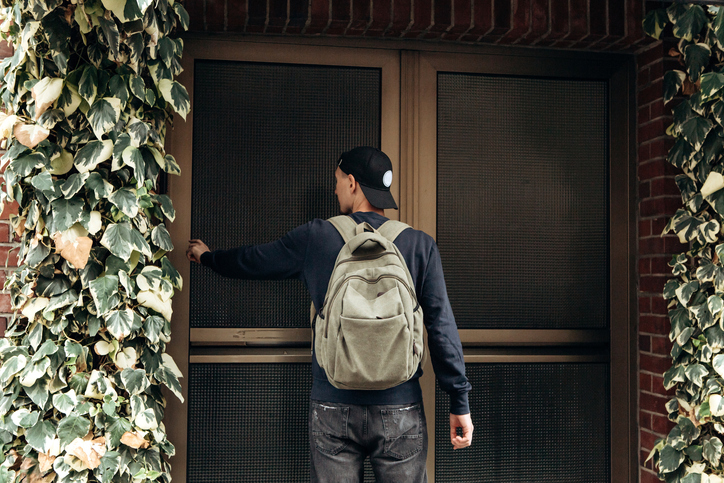In the UK, many people in hospitals with mental health challenges are ready for discharge and yet can’t leave. Several factors contribute to the problem. Here are a few of them.
- Challenges of securing residential properties in areas with high demand or high prices.
- Lack of high-quality accommodation.
- Difficulties finding self-contained accommodation.
- Issues finding a designated person to manage the sourcing and delivery of accommodation.
- Shortage of skilled providers with the skills to deliver housing support.
- Lack of high-quality staffing.
- No safe transportation home.
- Lack of care plans.
Finding appropriate housing or accommodation post-discharge is one of the most challenging issues. This is not a new problem, and members of the Mental Health Network raised this as a concern before the pandemic, but it continues to increase.
In our experience, it can be difficult for Commissioners to really understand the impact their money provides. It is critical, therefore, to provide up-to-date results and statistics to show the scale of the impact their money is having on people’s lives. The rest of this section provides these compelling statistics.
The Statistics
The number of discharge delay days linked to housing was 4,286 in April 2021. Over the year, the number continued to increase. By November 2021, the number was 5,769, an increase of 35%.
The Bridge Back Home (BBH) Team, in conjunction with the Oxleas Clinical Home Treatment Team (HTT) in Greenwich, has had great success since the Bridge Back Home service began in July 2021. In addition to having a remarkable impact on recovery, our service also saves the NHS a significant amount of money.
Based on the average stay of a hospital inpatient, the cost is £15,300 per patient. Our most recent data from December 2022 shows the cost per client for the BBH service for the same length of time is £898. That saves £14,402 per patient. With 333 accepted referrals in 2022, the amount saved was almost £4.8 million.
We hope this information goes some way towards describing the impact commissioners can make, both to the lives of clients and to the NHS.
The Bridge Back Home Service
The aim of the Bridge Back Home Team is threefold:
- Improve patient experience.
- Reduce the average length of stay in hospital.
- Reduce the number of readmissions.
We can connect our clients with a wide range of community services to create a network of support that reduces the need for clinical intervention. We liaise with community crisis provision services to support patients returning home from the crisis house, rather than returning to the hospital. The support our service provides is flexible and geared to the client’s needs, whatever stage they are at with their recovery.
Individual care packages ensure each client receives the help and support best suited to them. However, the needs and subsequent care packages can be complex, ranging from physical disability support, housing needs, and financial support, as well as mental health and ongoing support for clients and their families.
Connecting existing services with new services from primary care, secondary care, local council, and voluntary organisations to create a streamlined process takes a great deal of coordination. They often involve significant and complex transitions from one service to another. These complex mobilisations require meticulous project planning and management.
For a more in-depth conversation about how our Bridge Back Home Service can help you streamline the process of getting people out of hospital and back home fast, contact us here.

